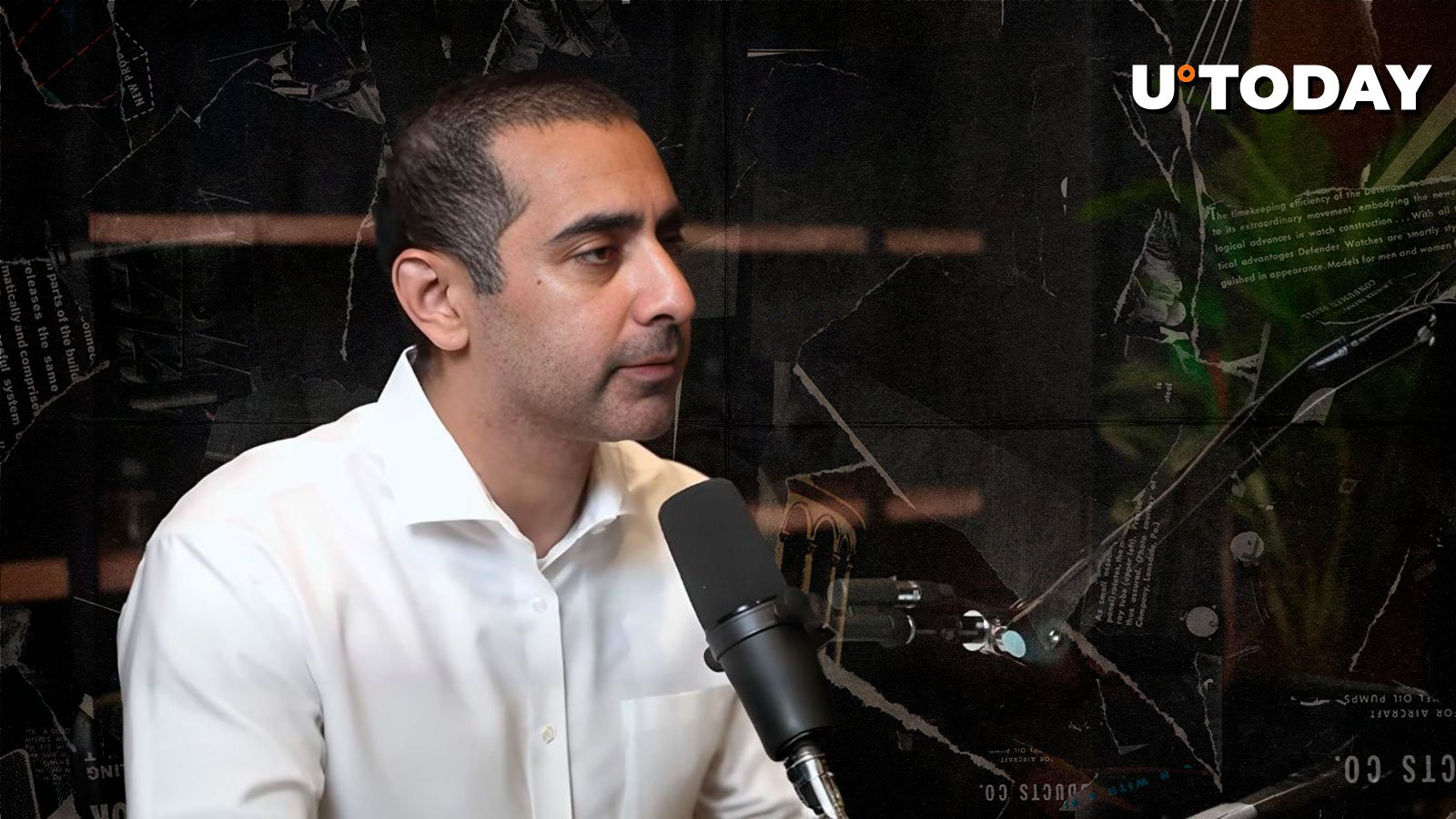Renowned technology visionary Balaji Srinivasan, former general partner of Andreessen Horowitz and CTO of Coinbase, explains why politicians are wrong about the Internet, which has evolved into a global sphere of simultaneously cooperation and competition.
China and cryptocurrencies: what do they have in common?
No political movement - whether socialist or nationalist - has been able to form an appropriate framework for dealing with the Internet because all its ideas emerged in a different technological context. Silicon Valley legend Balaji Srinivasan argues that modern ideologies go wrong with “the internet” since they emerged when there was land, but no cloud.
At the same time, the Internet has already created social bonds stronger than ideologies and even nation-states. Digital social networks represent more influential designs of human interaction than those restricted by state borders.
As such, China and cryptocurrencies are just textbook examples of correctly conceptualizing the influence of the Internet and the opportunities available:
However, there are two factions that take the Internet seriously: China and Crypto. Because they have the Great Firewall and Blockchain respectively. These are very different types of fortifications that treat the digital world as something to be defended, fenced and protected.
The two represent different approaches to utilizing this knowledge. With its firewall, China targets the vertical integration of digital society by making its citizens use only Chinese applications and restricting access to global websites.
In contrast, the cryptocurrency sector is about making software so secure that it can run in the open, on every computer in the world.
As such, for Balaji Srinivasan, China represents National Socialism, while cryptocurrencies represent international capitalism.
Data shows that Blockchain technology is growing faster than the Internet
As previously covered by U.Today, Srinivasan claimed that both Bitcoin (BTC) and AI have already entered vertical phases of their adoption curves.
To illustrate this, he shared graphs of performance results for OpenAI's large language models and the net assets under management of ETFs on Spot Bitcoin in the US.
Commenting on his post, Alan Nitoski, former CEO of Phunware, also noted that Bitcoin (BTC) may grow faster than the Internet in terms of its massive adoption trajectory.
According to his estimates, we are somewhere in the year 1999 based on the level of global adoption of Bitcoin (BTC) as a technology and asset.
Source link
